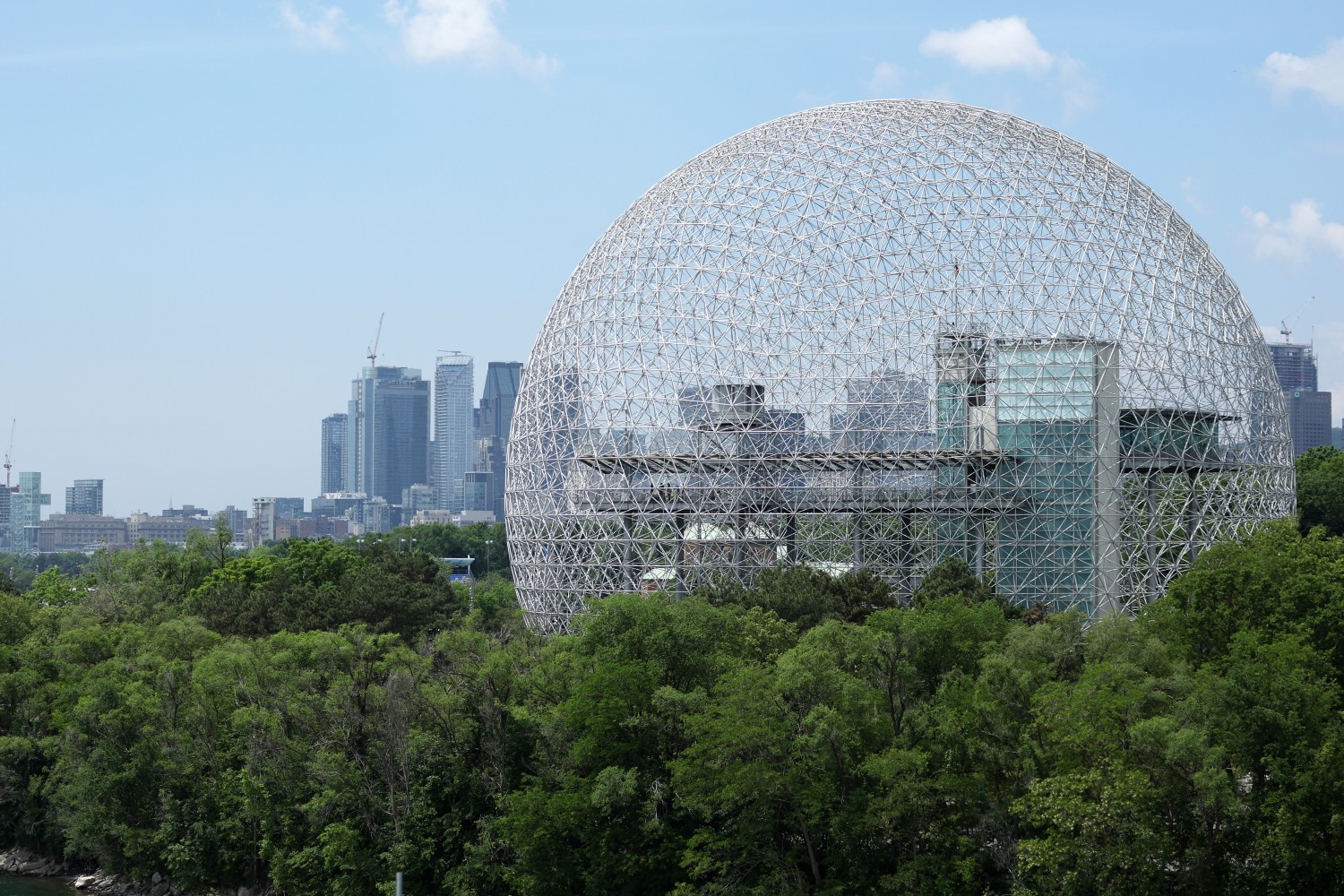If you’re more concerned about the risk of flooding than you were a decade ago, it’s for good reason. Sea levels are rising, and the combination of that and extreme weather has led to devastating floods everywhere from the Mississippi River to Vermont to New York City. Floods are harmful in both the short term and the long term, and with climate change affecting weather more and more, ways to mitigate flooding will be a concern for more municipal leaders and urban planners in the future.
One city that has found an innovative way to address flooding is Montreal —and it’s done so in a way that it benefits its residents even when there isn’t a cloud in the sky. That would be the city’s system of “sponge parks,” which are designed to absorb excess water and mitigate the effects of flooding. In a recent article at CTV News, Alice Martin described how their design keeps other parts of the city from being underwater.
Martin focuses on Dickie Moore Park, named for the Hockey Hall of Famer, explaining that its relatively low elevation means that precipitation will accumulate there. “It’s usually flooded often here, and yesterday, there was no flood on the street,” city spokesperson Philippe Sabourin told CTV News in the aftermath of a massive rainstorm.
In an Instagram post commemorating the park opening in 2022, Montreal mayor Valérie Plante touted several of its features, including “[r]ain gardens and lawns to absorb rainwater” and “[t]rees to counter the effects of heat islands.” It’s an alluring combination of features — a park where the city’s residents can go to relax that also plays an important infrastructural role.
Las Vegas Casinos Grapple With Flash Floods
It’s monsoon season on the StripAs CTV News points out, Dickie Moore Park is one of seven such parks within the city, with another 30 scheduled to be completed by the end of 2025. Montreal is far from the only city to make use of sponge parks; there’s one situated near New York’s Gowanus Canal, and a 2022 New York Times article chronicled how governments from Sweden to China are implementing sponge parks. It’s an organic way to respond to environmental changes that’s also a good place to relax on a hot day; it’s hard to argue with that.
This article was featured in the InsideHook newsletter. Sign up now.
